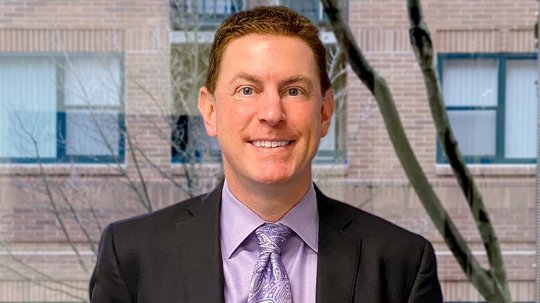When Tanya Barham launched her cleantech startup, Community Energy Labs, in 2019, she didn’t want to go the “traditional” venture capital route.
Robert DeKoning also decided against seeking venture capital when he became CEO of commercial cleaning solutions company Thomsen’s Inc. in 2020, opting instead to pursue a growth strategy that wouldn’t dilute ownership.
The founders of shoemaker Mise and Bratton Construction have both raised capital, but not through venture deals or bank loans.
Access to capital has always been a hot topic for small business owners. The smaller you are, the harder it is to land private capital or a traditional bank loan. It’s even more difficult for women and people of color.
That reality has elevated the importance of alternative lenders and financing programs. That’s even more true coming off a highly turbulent first half of 2023, marked by the failure of Silicon Valley Bank and First Republic.
“Having gone through these cycles before, when there is uncertainty, big banks get more cautious,” said Jamie Shulman, who spent 28 years in commercial banking and is now a private lender with Meriwether Group Capital. “So, access to capital through large banks, which is not always easy even in the best of days, gets more difficult.”

Where regional banks would take up that slack, there may be a pullback based on the fallout from the earlier failures if customers want to park deposits in bigger banks.
“If regional and community banks are seeing fewer deposits, they can’t lend more,” said Shulman. “This leaves a big gap in the market.”
“If regional and community banks are seeing fewer deposits, they can’t lend more,” said Shulman. “This leaves a big gap in the market.”
Cobi Lewis, CEO and executive director of Micro Enterprise Services of Oregon, noted that the small businesses she works with are seeking small amounts of capital, typically a challenge for banks.
That doesn’t mean big banks are on the sidelines of small business banking. Since the pandemic some are channeling more money into programs to assist smaller enterprises. This includes boosting support for Community Development Financial Institutions like MESO.
“There were a lot of things the pandemic brought to light, (including) the importance of small businesses and small business economies within the larger economic scope of a city,” Lewis said.
Below are stories outlining five alternative pathways to capital, and details about how the four entrepreneurs introduced above found the money they needed to grow their businesses.



